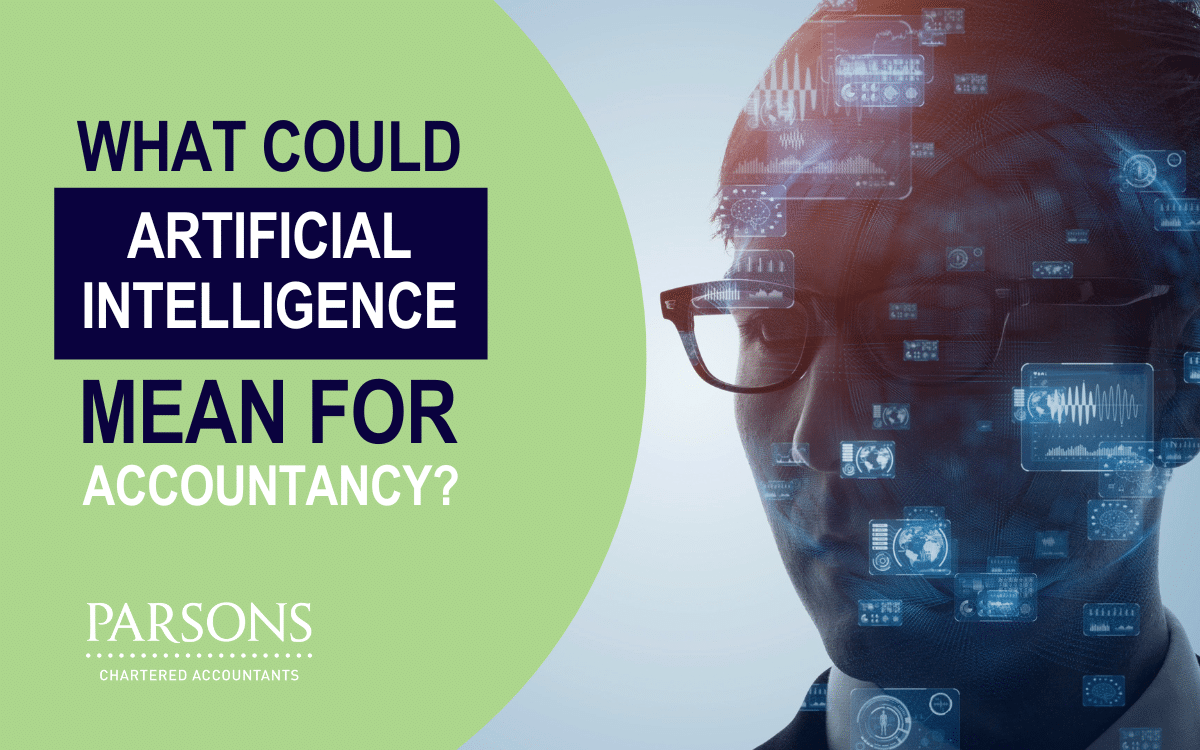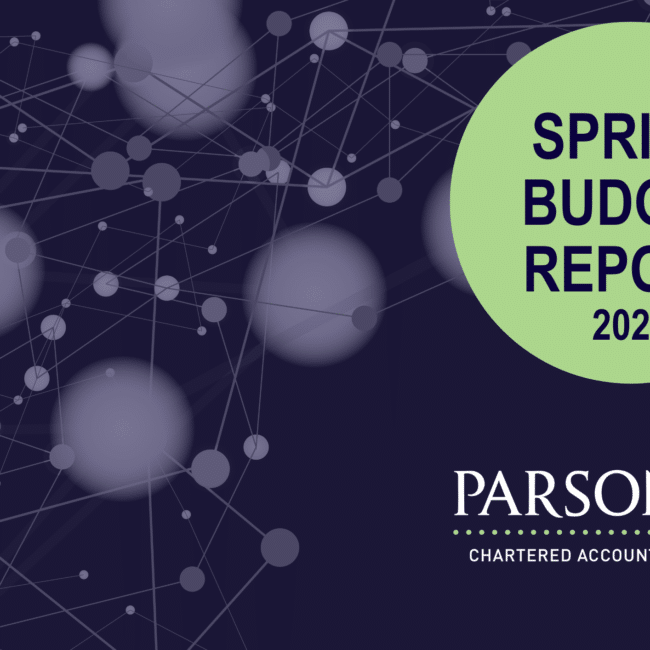
What does AI mean for the future of accountancy?
For those working within accountancy, AI is set to have a huge impact on the future of the industry.
The seemingly unstoppable rise of Artificial Intelligence (AI) is permeating almost every area of our lives, from how we listen to music through to how we do our jobs.
While the increase of AI may well mean that accountancy is undergoing a period of change, the primary purpose of an accountant remains the same: to give clients high quality advice, supported by verifiable facts and figures, to allow better informed decisions to be made and challenges more easily overcome.
In any debate on the increasing prevalence on AI within the industry, as a client-focussed accountant, the key questions should be centred around how this change will benefit and add value to a client, their business, and their stakeholders. After all, if a client cannot gain a tangible benefit from it, the long-term usefulness of AI is rightfully going to be called into question.
Harnessing AI: The benefits to clients
The good news is that the potential of AI represents a plethora of opportunities when it comes to better serving clients and providing a more complete and holistic advisory service. By leveraging the power of AI and machine learning – and working alongside it rather than resisting it – accountants can reduce the administrative burden placed upon themselves and free up valuable time which can be diverted elsewhere.
AI and other types of machine learning have the capability to process huge amounts of structured and unstructured data, spot patterns, and remove the risk of bias (whether conscious or unconscious) as well as eliminate human error entirely. Reports and forecasts can be automatically generated, irregular activity can be immediately highlighted, and accounts reconciled at the touch of a button.
In practical terms, this means less ‘human’ time needs to be spent on these more routine tasks, freeing up resources which can be dedicated towards providing insights and giving workable, practical and actionable advice to businesses and their stakeholders. Additionally, working with more accurate data means accountants can better extract more reliable insights from these figures, improving decision making in the process.
Essentially the potential power of AI allows an accountant to go beyond the numbers and widen the scope of what the role involves. This results in better value to clients who are able to get much more out of their accountant than has previously been possible when so much time was spent gathering the data required to provide this advice in the first place.
The limitations of AI in accountancy
In order to fully take advantage of the benefits AI can provide to clients, it is important to also recognise its limitations.
While AI boasts undeniable advantages, it is a long way from being a replacement for an actual accountant. When discussing the merits of Artificial Intelligence, it can be easy to discount the merits of human intelligence. While machines can be extremely accurate when dealing with volumes of data, they simply cannot replicate human judgement and considered decision making; and it is this type of insight which clients truly appreciate.
The continuing need for human involvement
Unfortunately for AI, the complexity and ambiguity of the real world is not as black and white as processing and categorising data is; so while handling data may be able to be automated, interpreting it in any meaningful way is another matter entirely.
An accountant can harness their intuition and experience to understand the figures in a way a machine is simply unable to. It takes human intervention to apply logic and practicality to a situation rather than just opt for what appears to be the best solution ‘on paper’.
The algorithms AI relies upon are improved with repetition. While this model may work for data processing, it is wholly unsuitable for answering the one-off questions or tackling the challenges a client may be facing at any one time. Whether any potential solution can reasonably be implemented successfully, will depend on a multitude of factors including the clients individual situation, the financial and operational resources available, as well as the future ambitions of those involved. A computer simply lacks the ability to interpret the data as sensitively as a human with an ongoing relationship with the client can.
Striking a balance
While AI will not remove the need for accountants, it is undeniable that automation and machine learning can be used to improve the way things are currently done. The data produced by AI helps to support decision making, but without the context around the data, effective strategies cannot be put into place. By working together, humans and AI have the potential to achieve better results than either could achieve on their own.







